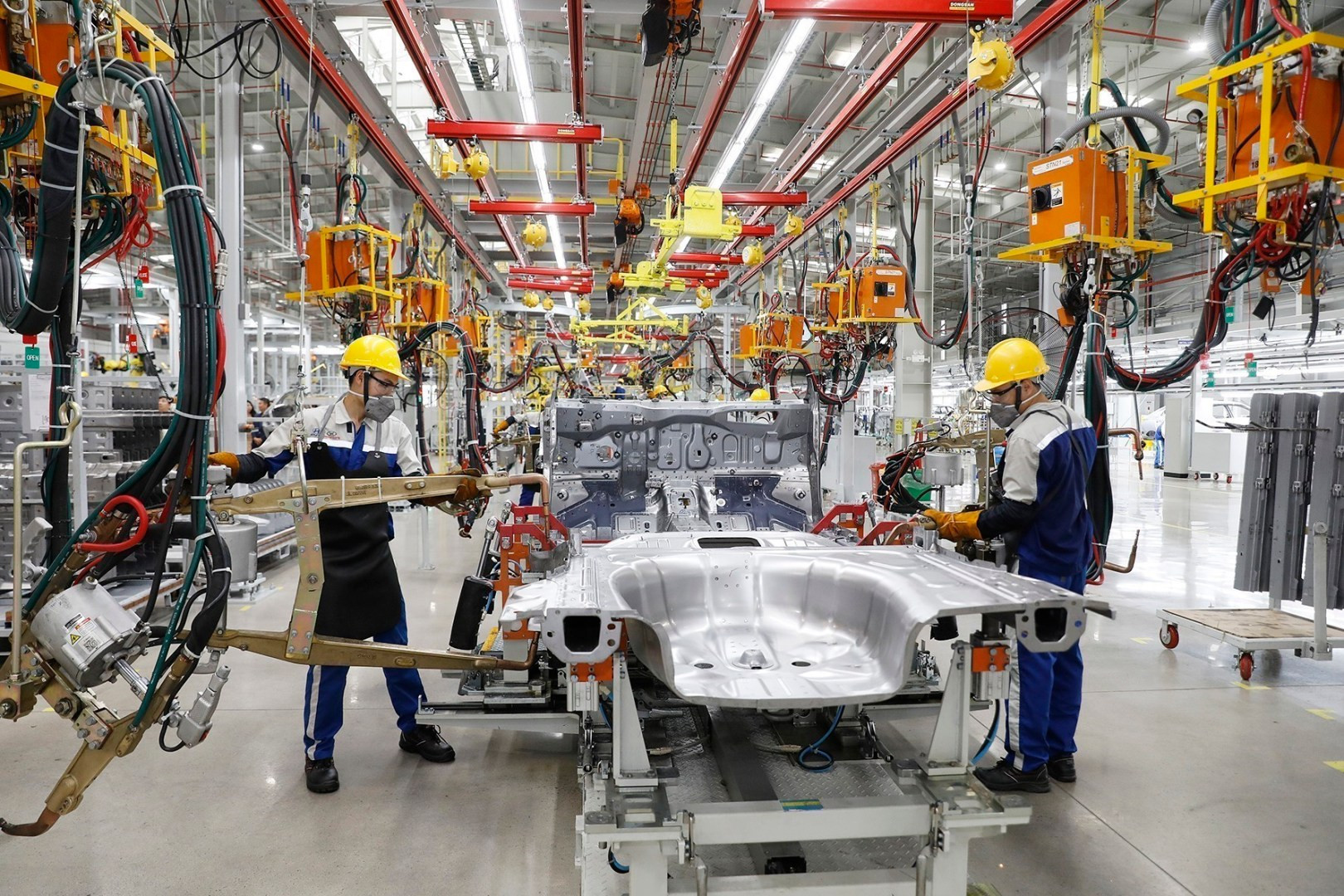
The year 2022 has passed with many difficulties due to the COVID-19 pandemic and the world economic recession. However, last year, Vietnam’s economy recovered impressively with GDP growth of 8.02%, the highest growth rate in the period from 2011 to 2022, far exceeding the target of 6-6.5% set by the National Assembly and the Government.
This growth rate is also among the highest in the world, the third among 11 countries in Southeast Asia, and 33rd out of 118 countries and territories worldwide.
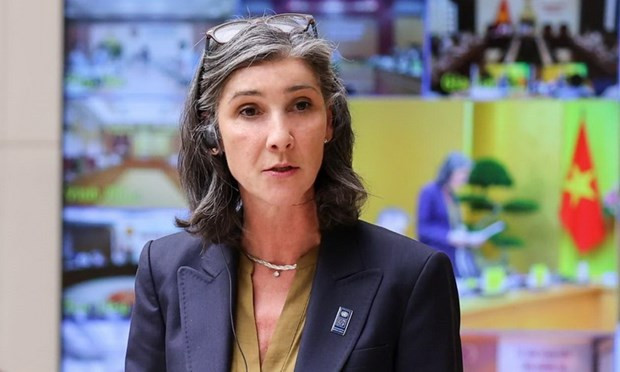
UNDP Resident Representative in Vietnam Ramla Khalidi noted that this strong recovery was achieved despite powerful headwinds like rising energy and food prices, a strengthening US dollar, slow growth in external markets, and the continuing effects of the pandemic.
“The success of the immunisation programme made possible a robust economic recovery in 2022, including a significant rebound in domestic consumption among the poor and near poor,” said Ramla Khalidi.
Vietnam’s economy size in 2022 was estimated at nearly 400 billion USD; the annual per capita income was over 4,000 USD; its trade size was about 750 billion USD, putting Vietnam in the group of 20 world leading economies in terms of international trade. Meanwhile, nearly 20 billion USD of FDI capital was disbursed, a record high in the past five years.
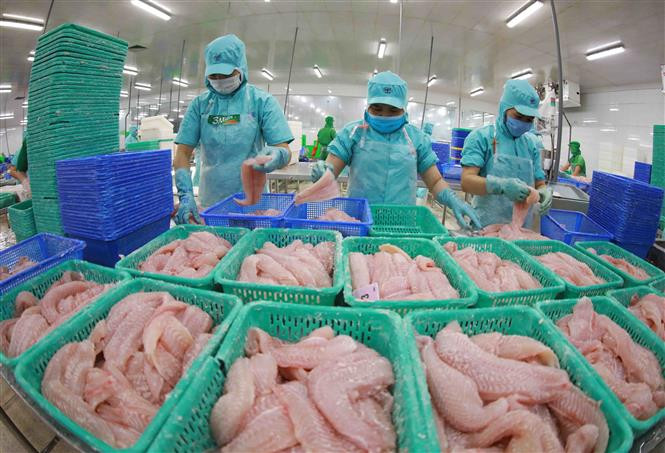
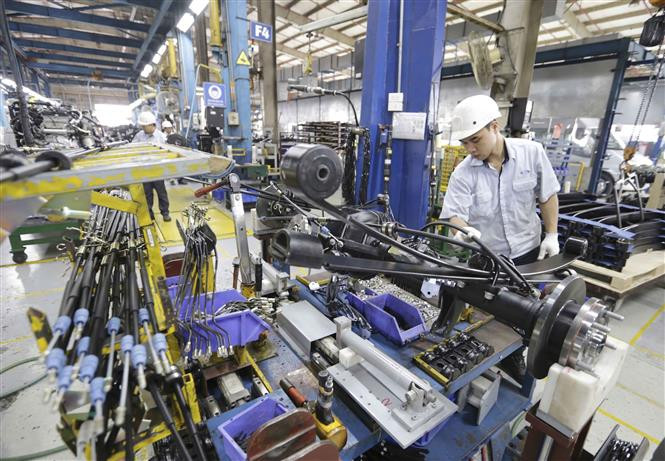
According to Cuban Ambassador to Vietnam Orlando Nicolás Hernández Guillén, in the context of difficulties caused by the COVID-19 pandemic, and worries about global economic recessions, Vietnam has taken effective solutions to make great strides in import and export activities, and foreign investment attraction; to maintain stable macro-economic indicators, and curb the inflation rate under 4%.
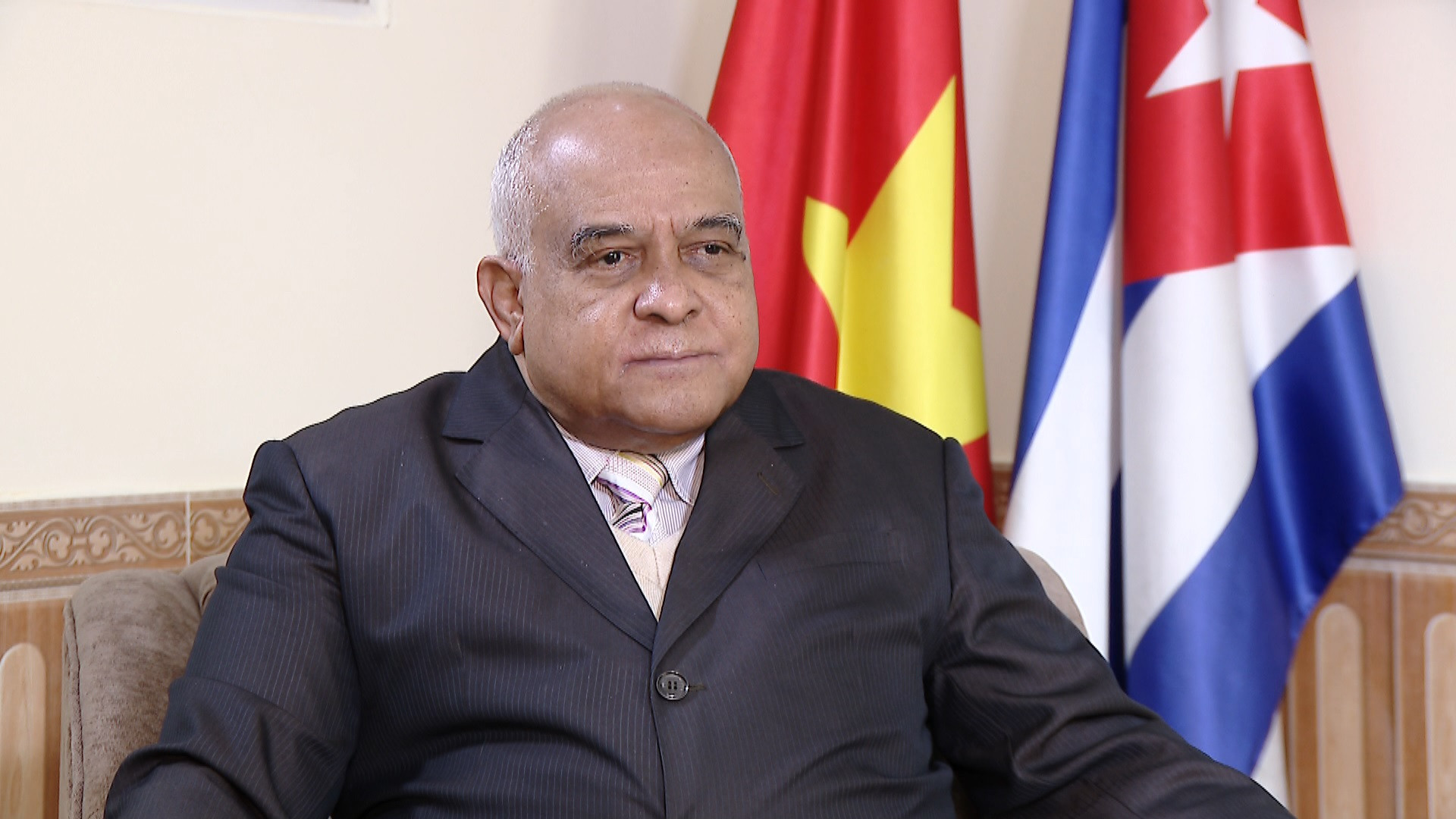
“These are the results of the Vietnamese Government’s successful implementation of pandemic control measures, particularly the policy on vaccine diplomacy, which helps ensure vaccination for all people including booster shots. This serves as a basis to accelerate the country’s recovery in various fields,” the Cuban Ambassador said.
In 2022, Vietnam’s import-export turnover reached 732 billion USD, a year-on-year increase of 10%, according to the Ministry of Industry and Trade. This is the first time that Vietnam’s foreign trade has exceeded 700 billion USD, with export turnover estimated at over 360 billion USD, up 8.4% over the previous year.
Chinese Ambassador to Vietnam Xiong Bo said the Vietnamese economy is “now full of vitality”, attractive to foreign investors, and boasts vibrant external economic activities with a trade value topping 700 billion USD.
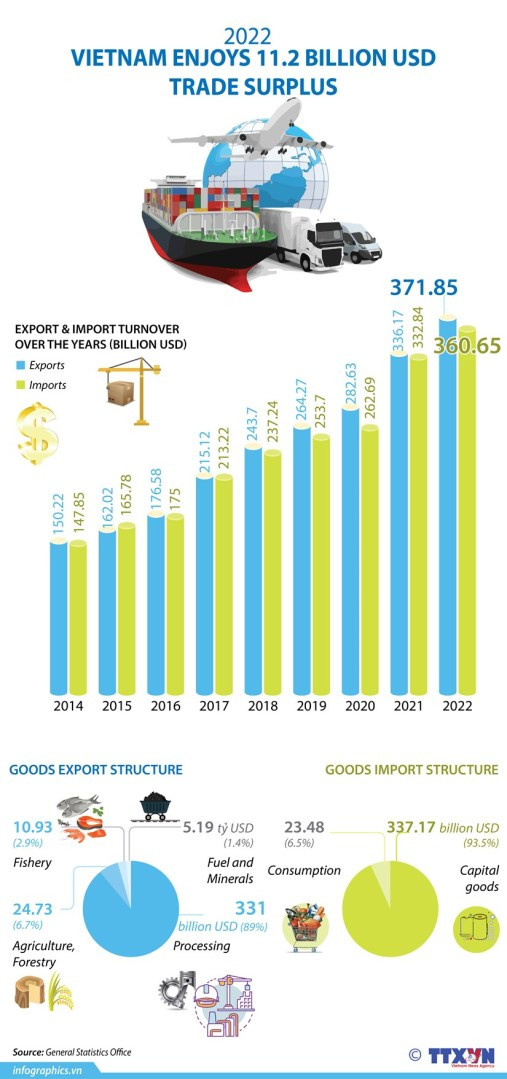
Ambassador Xiong Bo affirmed that Vietnam’s achievements are attributable to the clear-sighted leadership of the Communist Party of Vietnam (CPV), headed by General Secretary Nguyen Phu Trong, and the Government along with efforts by the Vietnamese people.
Especially, 2022 can be said to be a successful year for Vietnam’s export of agricultural products, with an export value of over 53 billion USD, and a trade surplus of 7.8 billion USD – an increase of nearly 48% compared to 2021. New records were made recorded in exports of aquaculture products, rice, and coffee. Vietnamese fruit and vegetable products are increasingly entering demanding markets like the US, Japan, the Republic of Korea, and Australia.
According to Indian Ambassador to Vietnam Sandeep Arya, Vietnam is looked at as one of the fastest growing economies globally, and the country’s economic achievements are extremely impressive.
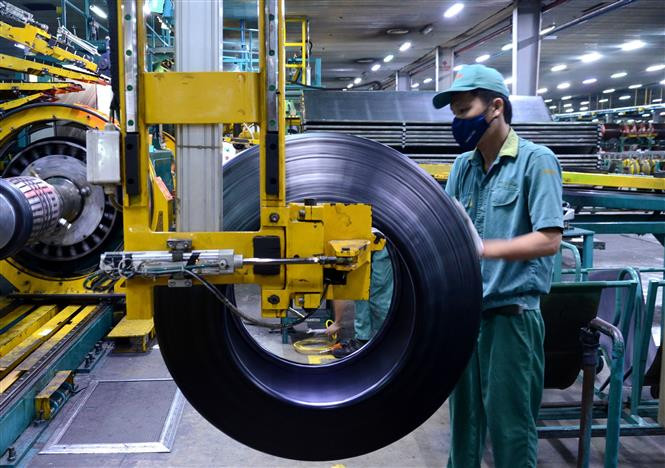
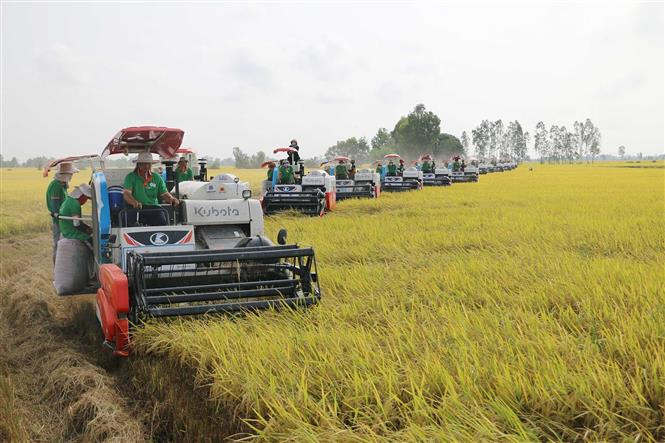
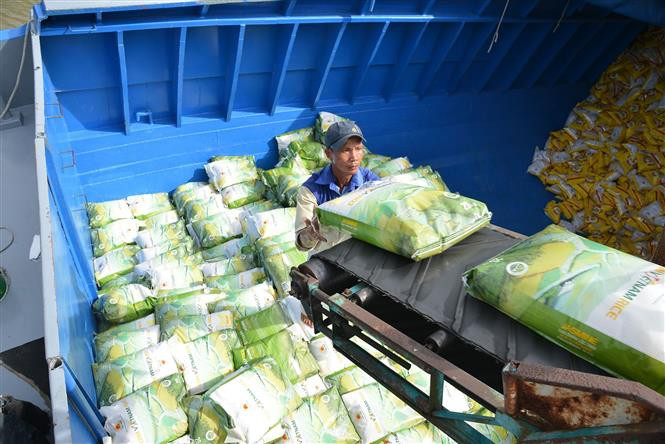
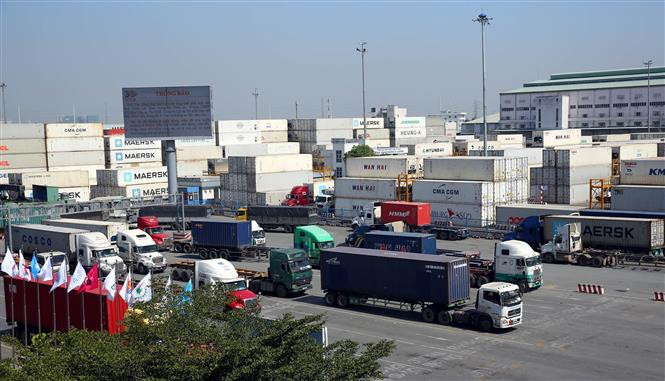
In the context of inflation, free trade agreements (FTAs) have brought great advantages, creating competitiveness for Vietnamese aquaculture products, especially in markets that are members of the Comprehensive and Progressive Agreement for Trans-Pacific Partnership (CPTPP). Exports to those markets increased by 30% and accounted for 26-27% of the total value of Vietnam’s aquaculture product exports.
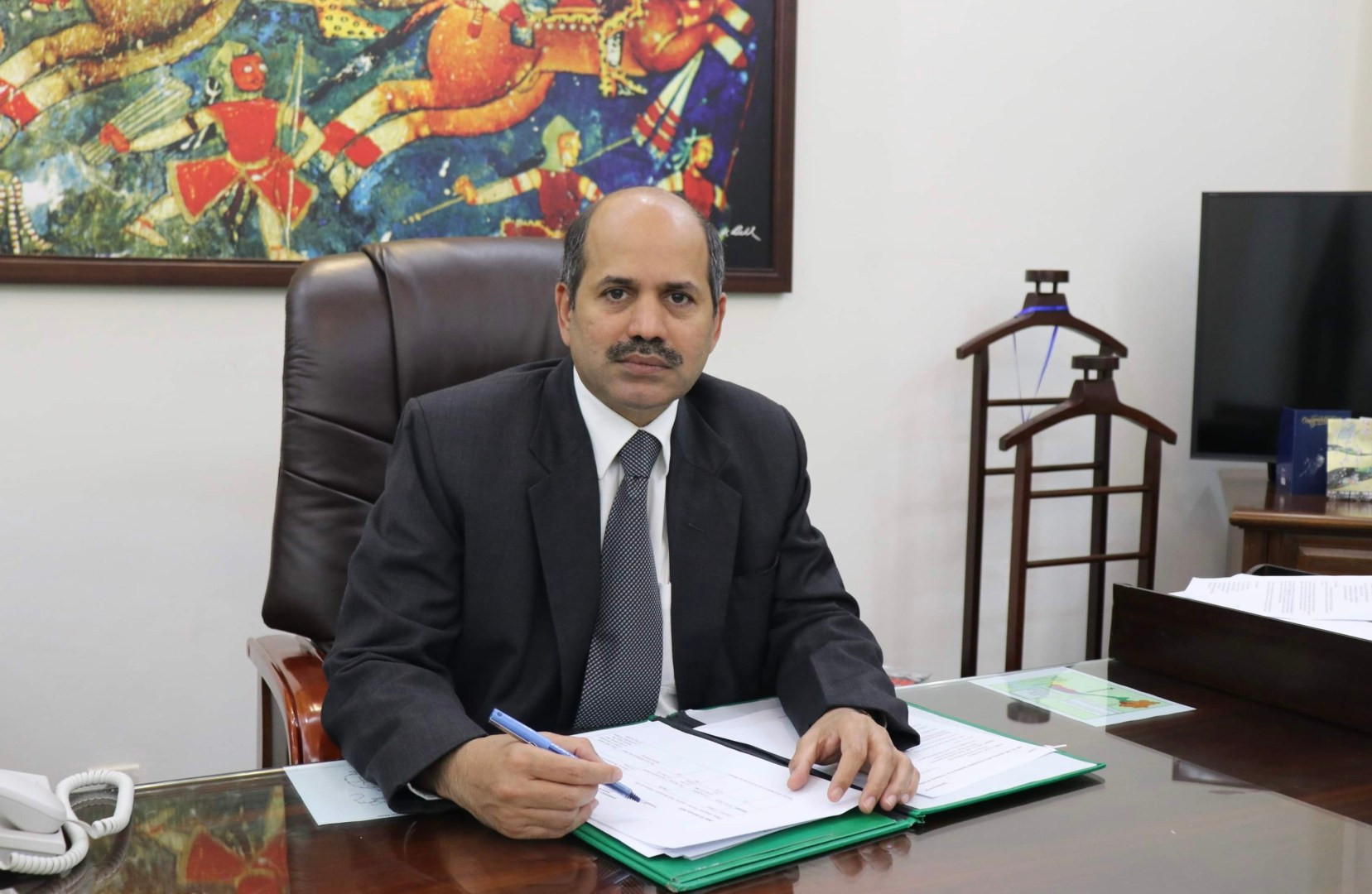
“Vietnam’s growth story and economic achievements are making waves around the world”, Ambassador Sandeep Arya emphasised.
New Zealand Ambassador to Vietnam Tredene Dobson said that Vietnam’s economic growth last year is very impressive in the context of contraction seen in most parts of the world. Vietnam’s growth says a lot about the government’s approach to post-COVID recovery – with a real prioritisation on recovery and its policies.
“Countries like New Zealand, and Vietnam’s many other trade partners have also noticed that, and as a result, responded very positively. We’ve seen a real uptick in engagement; both business-to-business engagement and government-to-government as countries such as ours want to deepen their collaboration with Vietnam, and enjoy some of the benefits that Vietnam has with its strong economic growth,” Ambassador Tredene Dobson said.

All the impressive figures in terms of economic growth, foreign trade, foreign direct investment attraction and other economic indicators show the promising prospects of Vietnam in the coming years.
Regarding Vietnam’s post-pandemic economic recovery, Australian Ambassador to Vietnam Andrew Goledzinowski said that Vietnam’s economic bounce back in 2022 has been impressive, further cementing its reputation, gained during COVID-19 when in both 2020 and 2021 growth remained positive, as a regional outperformer.
However, next year looks to be more challenging still, with global GDP likely to be weak, which will further impact demand for Vietnamese exports. In addition, turmoil in the capital markets and reduced liquidity are also challenges the government will need to continue to respond to.
Vietnam’s National Assembly set a growth target of 6.5% in 2023, lower than the growth in 2022 at 8.02%. Even so, it is also a challenging goal in the context of difficulties.
According to Thai Ambassador to Vietnam Nikorndej Balankura, in 2023, there’ll be headwinds that could slow down the economy of the world. So, these can be seen by the global recession that might occur globally, higher inflation across the world, as well as you know the increase in interest rates. However, despite all this slowdown, IMF still forecast that Southeast Asia, both Thailand and Vietnam, will grow positively.
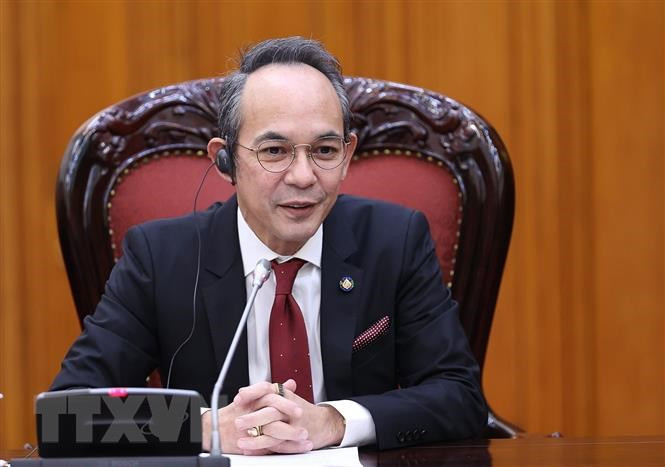
” I am confident that Vietnam with the reasons I mentioned before, will maintain that growth, a high growth actually in comparison to other countries and will remain more or less well shielded from the global economic disruptions that are being caused by the recessions,” said Nikorndej Balankura.
Regarding the forecast for Vietnam’s economic growth in 2023, international organisations believe that Vietnam’s economy will still develop at a good rate, although there used to be a forecast of a decrease.
The International Monetary Fund (IMF) forecasts a 6.2% growth for Vietnam in 2023; the World Bank (WB) puts it at 6.7%; and the Asian Development Bank (ADB), 6.3%.
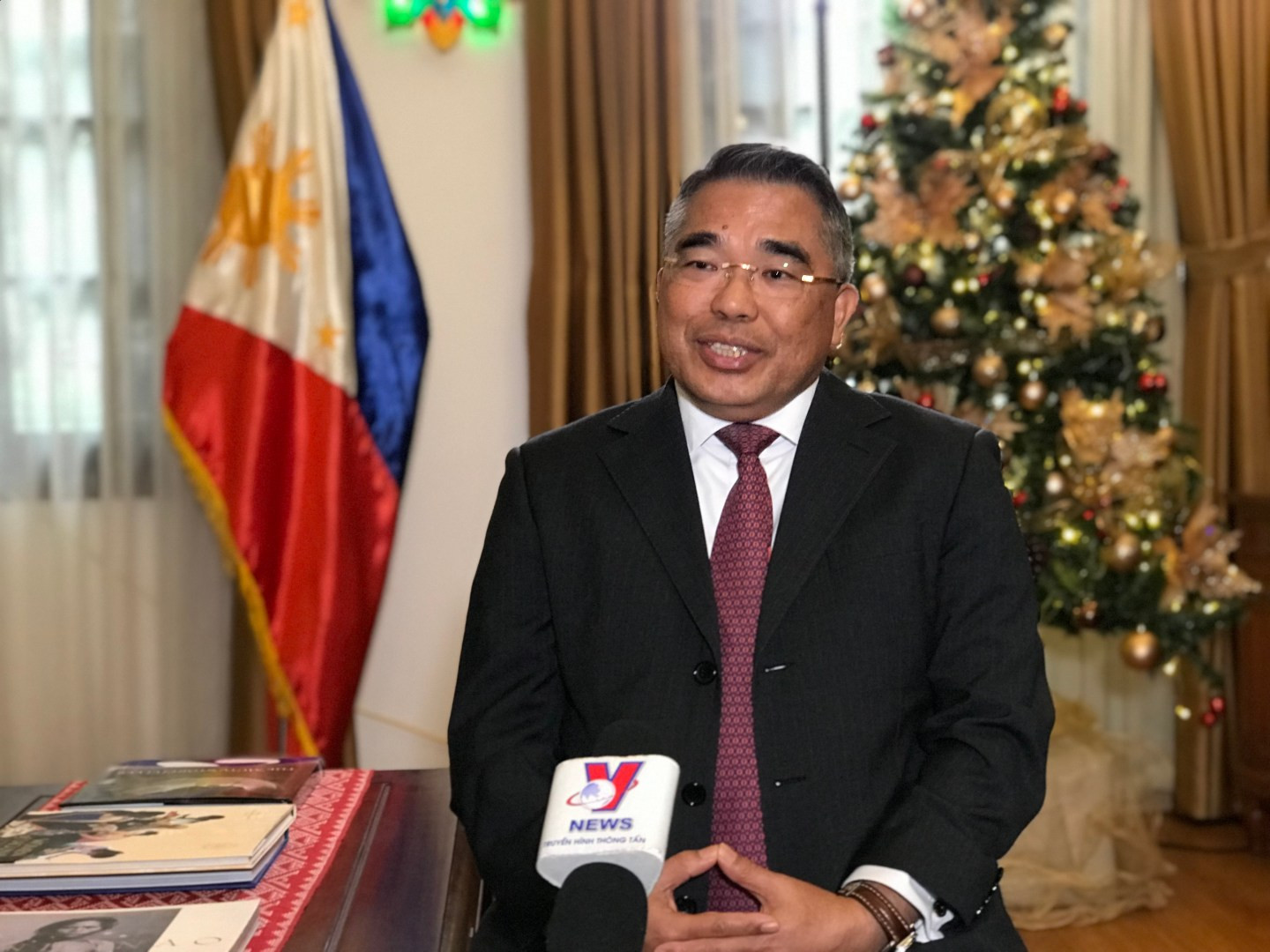
When asked about Vietnam’s efforts in post-pandemic recovery last year, Philippine Ambassador to Vietnam Meynardo Los Banos Montealegre said Vietnam’s recovery from COVID-19 is quite admirable.
: However, Montealegre said that there are many challenges in the international arena including supply chain disruptions, low demand, and high cost of energy and fuel. The threat of a resurgence of the COVID-19 virus is still present. All of these factors affected not only Vietnam but also other countries./. VNA